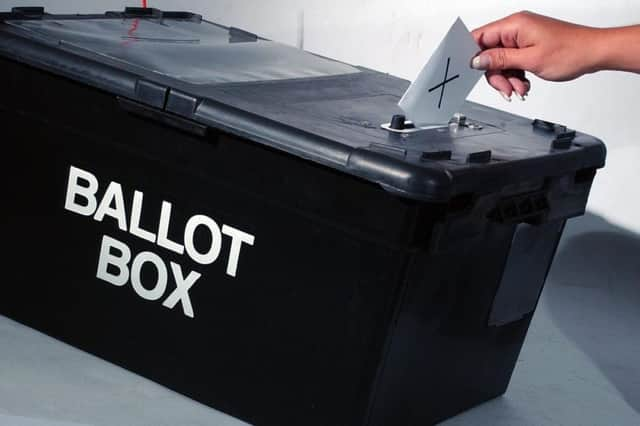Mood swings to a Brexit?


Confidence in opinion polls was shaken after they got the General Election result so wrong last year. What is surprising however is that farmer surveys are showing a very definite trend towards the ‘leave’ position. One of the most significant results was from a fairly large poll in a farming magazine in England, which showed support for ‘leave’ now topping 65 per cent. This confirms that what has been happening in agriculture is a trend for ‘don’t knows’ to move towards ‘no’ while support for a ‘yes’ vote to stay in the EU has remained largely unchanged, or weakened slightly. This could all change again by the time of the referendum in June – although the process of submitting single payment claim forms in May is unlikely to fill farmers with new enthusiasm for the CAP.
The National Farmers Union in England has just published the results of a study on the implications for agriculture of Brexit. This was carried out independently by a Dutch university. Inevitably the conclusions are far from clear, and effectively all come down to how different things play out. Without support from the UK government it says the average farm would lose around £30,000 because of the loss of single payments. Trade is however the biggest issue and it says farm gate prices could rise for beef and poultry if imports fell – but then suggests this would not happen because the UK government would be committed to liberal trade arrangements with the EU and beyond. This confirms that there is unlikely to be a clear cut economic case one way or the other when it comes to agriculture. Farmers will have to vote on their own hunch as to whether they will be better off inside or outside the EU.
Advertisement
Hide AdAdvertisement
Hide AdAll that can be said for now is that for both sides everything is still to be played for. The European Commission cannot tailor policy to make the EU look good in the run up to the June vote, since that would be interfering in the political affairs of a member state. However it knows how finely balanced things are in the UK, and this week the Dutch put another shot across its bows by voting against a free trade deal with Ukraine. Brussels needs to say it is listening to these concerns, but there is little evidence of that happening – and in the UK that helps drive the ‘leave’ vote.
There is, in the view of many people, a fundamental flaw in trying to make a common agricultural policy stretch over 28 member states, with very different farm structures and agricultural industries. It is this flaw that is tempting farmers to vote to leave, despite the benefits of single farm payments. They know this would be a big risk, and that they would lose the influence of being linked through the CAP to member states that lobby hard for agriculture.
Maybe it is because the ‘in/out’ debate has become so intense that things take on a new significance – but the European Commission and European parliament do not seem to be helping bolster the position of those who believe their future is in the EU. The pressure on the Commission to ban glyphosate, the world’s most widely used herbicide, is a prime example. Another is the pressure to finalise a trade deal with the Mercosur countries of South America. These include Brazil, Argentina and Uruguay, and European farming could lose out from the deal. This would improve access to Europe for beef from these countries, undercutting European producers. The claim is that this would be a net gain for the wider European economy.
If it is seriously interested in wanting the UK to remain in the EU, Brussels would do well to accept between now and June that the CAP, as it stands, is driving farmers into the ‘leave’ camp. Farmers in the UK have been given no encouragement that there exists a real determination to change the policy, or to use it to defend European farmers against imports.
Advertisement
Hide AdAdvertisement
Hide AdUntil there is more of a commitment in Brussels and indeed at Westminster to take on board the concerns of those tempted towards a farming future outside the EU, the numbers yielding to that temptation will grow as we move towards the referendum vote at the end of June.